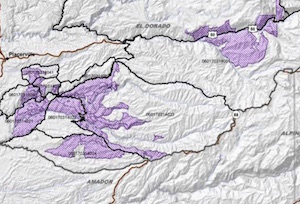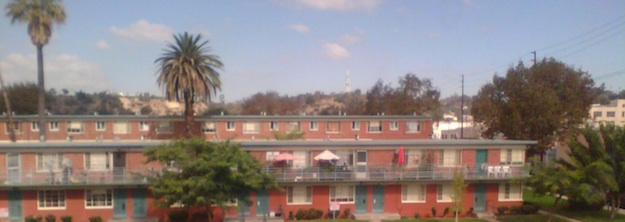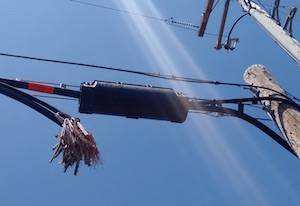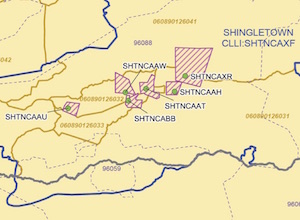Sierra fixed wireless project in line for California broadband subsidy

Click for more maps.
El Dorado County is in line for another wireless broadband project, largely paid for by the California Advanced Services Fund (CASF). Last year Cal.net, a wireless Internet service provider in the Sierra Nevada, submitted four proposed projects to the California Public Utilities Commission, asking for a total of $8.1 million in CASF grants to pay for 60% of construction costs. Two of the projects were in El Dorado County. The first, which covers underserved areas to the north of U.S.… More

![By Bobak Ha'Eri (Own work) [CC BY-SA 2.5 (https://creativecommons.org/licenses/by-sa/2.5)], via Wikimedia Commons](https://www.tellusventure.com/images/2016/6/trona.jpg)
![By Sage Ross (Own work) [CC BY-SA 3.0 (https://creativecommons.org/licenses/by-sa/3.0)], via Wikimedia Commons](https://www.tellusventure.com/images/2016/5/tantrum.jpg)

![By Nan Palmero [CC BY 2.0 (https://creativecommons.org/licenses/by/2.0)], via Wikimedia Commons](https://www.tellusventure.com/images/2016/4/router.jpg)




![By mattbuck (category) (Own work by mattbuck.) [CC BY-SA 2.0 (https://creativecommons.org/licenses/by-sa/2.0) or CC BY-SA 3.0 (https://creativecommons.org/licenses/by-sa/3.0)], via Wikimedia Commons](https://www.tellusventure.com/images/2016/2/crash_barrier.jpg)